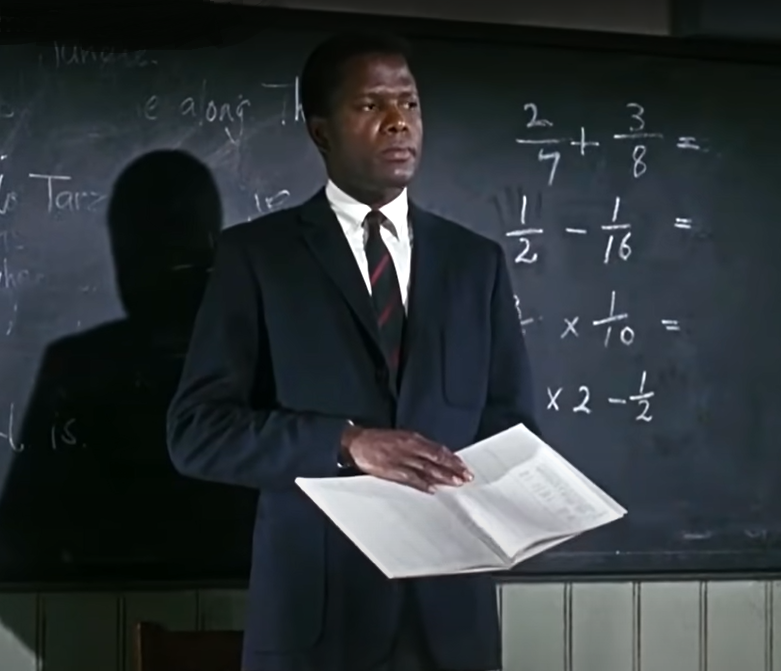Sadly, actor Sidney Poitier passed away yesterday at 94 years of age. In memory of him, I am publishing an academic essay I wrote for a sociology class in October 2019 that discusses him. I have edited the tenses to reflect his passing.
Compare and Contrast – Two Leaders in Diplomacy
This essay compares Shirley Temple Black and Sidney Poitier as charismatic leaders in diplomacy. I will showcase this using the characteristics of Idealized Influence, Inspirational Motivation, Intellectual Stimulation, and Individualized Consideration. These two public figures are most alike in terms of Idealized Influence and Inspirational Motivation. Conversely, they differ in terms of Intellectual Stimulation and Individualized Consideration.
Shirley Temple Black was a successful child actress, and later a diplomat. She was the United States ambassador to Ghana and Czechoslovakia and Chief of Protocol of the United States. Sidney Poitier is a successful actor and director. He also served as the non-resident Bahamian ambassador to Japan from 1997-2007 and the ambassador from the Bahamas to UNESCO from 2002 to 2007.
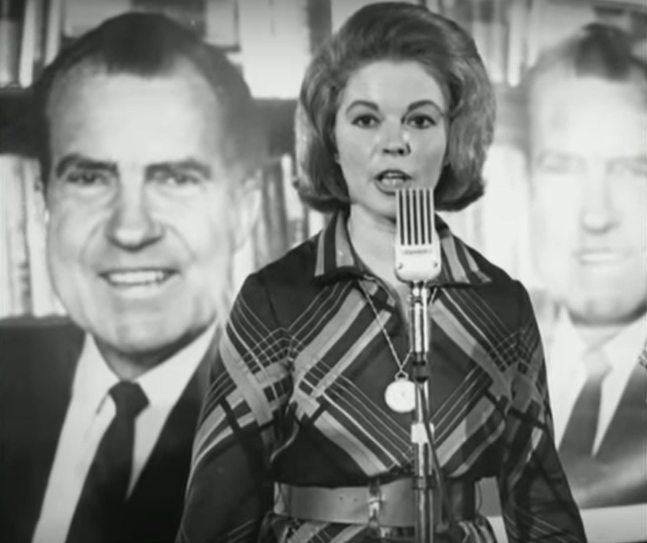
Shirley Temple Black used Idealized Influence quite well as a positive role model. She had been seen as a role model since she was a famous actress during her childhood. Her persona was considered extremely positive in Ghana. From what I’ve read, this was unusual. The public adored her. She was often photographed in their newspaper when she visited. However, she was shrewd when working as the face of a movement. She once had to tell a coworker not to interrupt her when he was trying to “amplify what she was saying” during interviews. She told him to never do so again and that “there was only one star on the stage” during her interviews.
Sidney Poitier was also adept at Idealized Influence. He came off as humble in interviews. However, he constructed a heroic, intelligent, noble, sensitive brand as an actor. He created an idealized perfect man for others to aspire to. This is even more commendable, as this was on the cusp of the Civil Rights movement. He is considered the first black leading man in Hollywood. That’s a lot to carry, but he did so with grace.
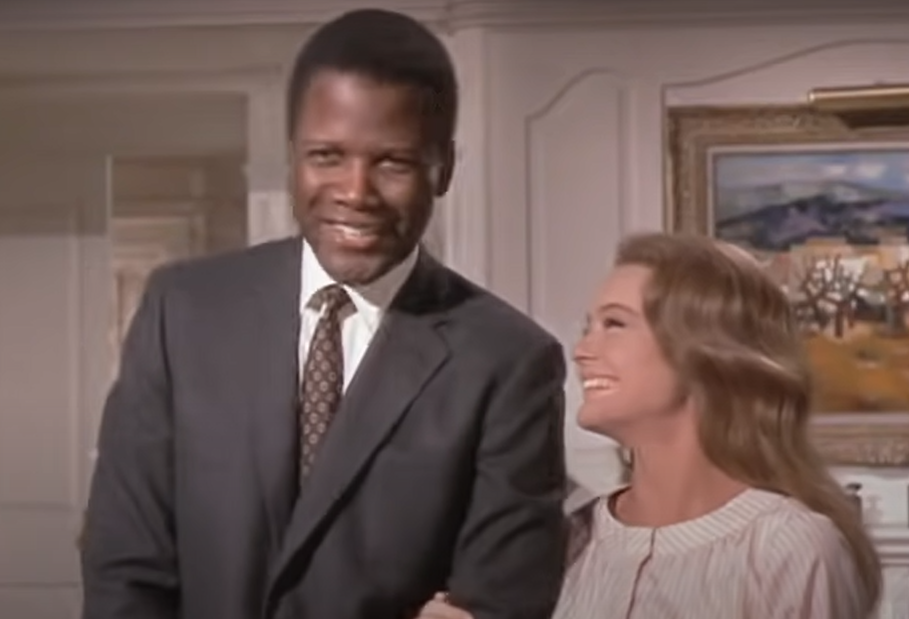
Shirley Temple Black did well with Inspirational Motivation. She was seen as hugely inspiring to her followers. It was said that she cultivated contacts well and that her calls were always taken. People couldn’t seem to turn her down. She was seen as inspirational by many world leaders. Then-President Bill Clinton pronounced that “She has to be the only person who both saved the entire movie studio from failure and also contributed to the fall of communism. From her childhood to the present day, Shirley has always been an ambassador for what’s best in America”.
Sidney Poitier is also a master of Inspirational Motivation. Then-President Barack Obama once stated, “It has been said that Sidney Poitier does not make movies. He makes milestones — milestones of artistic excellence. Milestones of American progress.” In 1963, Poitier inspired many when he became the first African-American to win the Academy Award for best actor. In an interview with Poitier, Oprah once said “In my spirit I knew that because you had won the Oscar, I too could do something special—and I didn’t even know what it was. I thought, If he can be that, I wonder what I can be.” Poitier has stated that he knew about his influence as “so much was riding on me as one of the first blacks out there”.
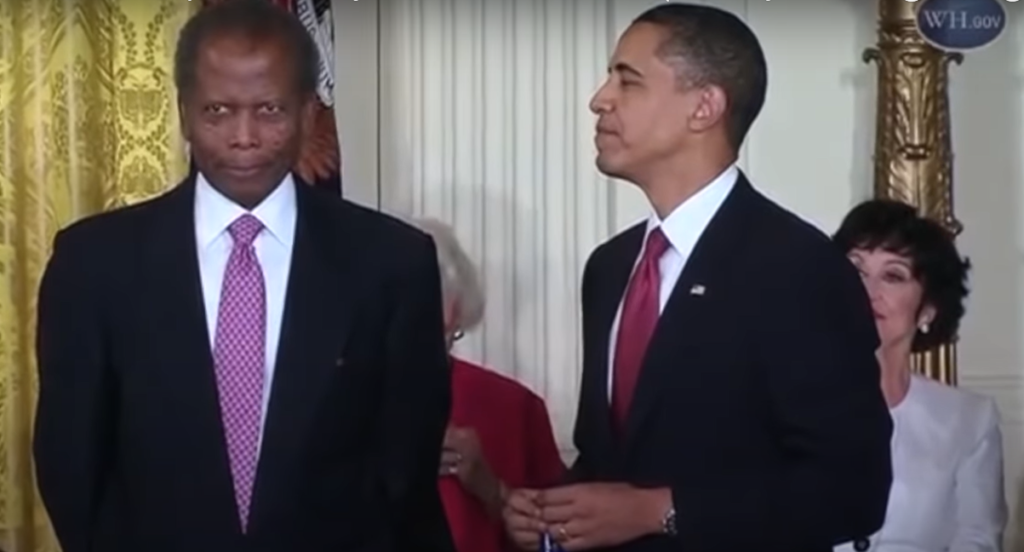
When it comes to Intellectual Stimulation, Shirley Temple Black challenged her followers to think outside of the box. She encouraged those who protested. She was always making use of her charisma. She used a protest in Czechoslovakia to get to know the movers and shakers of that area.
Sidney Poitier used Intellectual Stimulation in an entirely different way. He challenged whites to see African Americans as equals within the context of his films. At the same time, he was true to his upbringing. Poitier did not harbor any internalized racism. He’s said, “I had in mind what was expected of me—not just what other blacks expected but what my mother and father expected. And what I expected of myself”. However, he did realize the breadth of racism once he was exposed to it. He’s stated, “You’re gonna have to be twice as good as the white folks in order to get half as much”. Some saw his craft as almost boring. This came up in a well known article that referred to his acting style as “an antiseptic, one-dimensional hero”. His characters struck some as too admirable, and therefore not human enough. Some called him an “Uncle Tom”. At that same time, Poitier was an active participant in the Civil Rights Movement. He even stood alongside protestors for Rev. Dr. Martin Luther King’s 1963 March on Washington. Sidney Poitier’s career started by breaking race barriers in film, but he has acknowledged that “I am not all about race…I’ve had to find balance”.
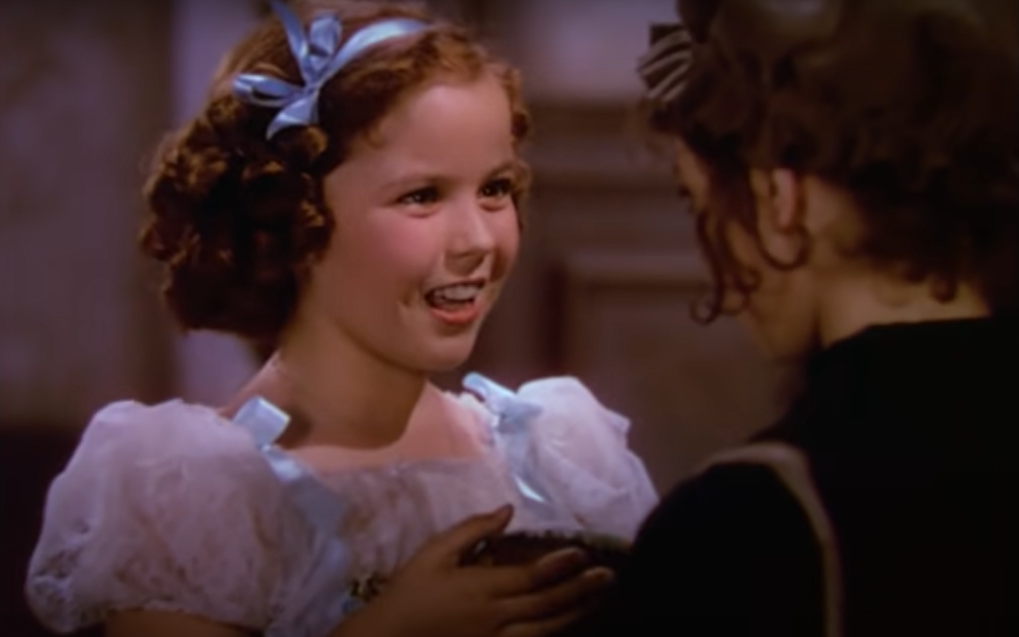
When it comes to Individualized Consideration, Shirley Temple Black was a master. When visiting foreign countries as a U.S. ambassador, she showed respect for the locals’ feelings by speaking their language. It has been reported that she always “made a point of saying welcome and thank you in local languages”. No matter the person’s social standing, she did not turn down photos when asked. She always seemed delighted to take photos with people anywhere, including the airport. Shirley Temple Black was not just the face of what she believed in. She also put in the work. It was not unusual for her to work 10 hour days and take the time to personally talk to people in the streets when campaigning for change.
Sidney Poitier used Individualized Consideration differently. He has made a point to always sign autographs when asked as he does not want fans to experience the rejection that he once felt in their place. However, most of his followers’ needs have been addressed on a larger scale. In his roles, he exuded black pride. He turned down roles that contrasted with his values even when he needed the money. He also believed that “we are a part of a single human family — regardless of race, religion or social status”. He has espoused the following, “While you are here, try to do the best you can with your life and be faithful to your values and principles. Be kind and respectful of others”.
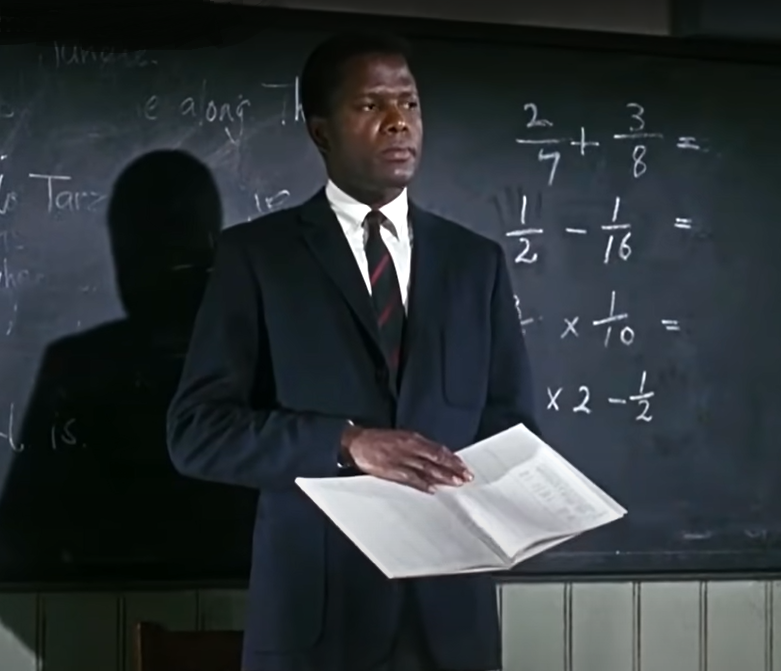
In conclusion, I found that Shirley Temple Black and Sidney Poitier, as charismatic leaders in diplomacy, are most similar with regard to Idealized Influence and Inspirational Motivation. They differ greatly in terms of Intellectual Stimulation and Individualized Consideration. I believe that their differences can be attributed to their upbringing. Shirley Temple was born into a middle-class family in Santa Monica, California. Her mother promptly paid for her to attend a dance school. Though she was always a hard worker, she did not struggle for success.
Conversely Sidney Poitier struggled for the first chunk of his life. He was born a preemie that his father assumed would die. He was born into extreme poverty on Cat Island in the Bahamas. His father was a dirt farmer. He did not receive much education or social interaction. At age 15, he left to find a better life. Finding segregation in Florida, he then moved to New York. He worked as a janitor in exchange for acting lessons. Their similarities may stem from them both being actors who are adept at public speaking.
Overall, I believe that Shirley Temple Black best highlights the model I chose for the characteristics of a charismatic leader. I believe that Poitier has made more of an impact in the United States. He made huge strides for the Civil Rights Movement. However, primarily in terms of a diplomatic charismatic leader, Shirley Temple Black had more opportunities to exercise these characteristics. Poitier’s work in diplomacy was brief and yielded very little during my research.
Notes:
This piece was written over two years before Poitier’s passing. It was not written precisely to celebrate him, but rather to fit into an assignment for my university. We were given free rein on each piece to choose our leaders. I did choose and keep Poitier despite not being able to find as much on him politically as the other actor because I think he is very important overall in terms of change and rights in our country. I chose to neither use in-text citations or hyperlinks for my references as it flows better this way, but they are below.
Resources
A Tribute to Sidney Poitier – Hollywood Game Changer. (n.d.). Retrieved from https://www.bestmoviesbyfarr.com/articles/sidney-poitier-bio/2015/10.
An exclusive interview: Sidney Poitier. (n.d.). Retrieved from http://lasvegasblackimage.com/2010/12/an-exclusive-interview-sidney-poitier/.
Jacobs, L. (2018, April 24). Sidney Poitier, 1967, and One of the Most Remarkable Runs in Hollywood History. Retrieved from https://www.vanityfair.com/hollywood/2017/02/sidney-poitier-remarkable-run-in-hollywood-history.
Jones, C. (2019, February 13). Grammys torture: How stars can learn from Sidney Poitier at the Oscars in these dire days of the acceptance speech. Retrieved from https://www.chicagotribune.com/entertainment/theater/ct-ae-jill-abramson-stories-0217-story.html.
Kennedy, L. (2016, May 6). From quiet life in Bahamas, a star was born. Retrieved from https://www.denverpost.com/2010/05/27/from-quiet-life-in-bahamas-a-star-was-born/.
Leadership Qualities of Shirley Temple: Remembering Shirley. (2014, February 12). Retrieved from http://www.centerforworklife.com/leadership-qualities-shirley-temple/.
Miller, M. (2017, February 20). Sidney Poitier Turns 90: Inside the Actor, Activist and Diplomat’s Incredible Life. Retrieved from https://people.com/celebrity/sidney-poitier-90th-birthday-actor-activist-diplomat/.
Op-ed: The Littlest Rebel Shirley Temple Cheered a Nation and Modeled Independence for Girls. (2014, February 12). Retrieved from https://www.pride.com/opinion/2014/02/12/op-ed-littlest-rebel-shirley-temple-cheered-nation-and-modeled-independence-girls.
Ryan, M. (1990, January 8). As Ambassador to Prague, Shirley Temple Black Watches a Rebirth of Freedom. Retrieved from https://people.com/archive/as-ambassador-to-prague-shirley-temple-black-watches-a-rebirth-of-freedom-vol-33-no-1/.
Shirley Temple Black: From the Good Ship Lollipop to the Ship of State. (n.d.). Retrieved from https://adst.org/oral-history/fascinating-figures/shirley-temple-black-good-ship-lollipop-ship-state/.
Sidney Poitier. (2018, June 12). Retrieved from https://www.achievement.org/achiever/sidney-poitier/.
Smith, N. M. (2011, May 3). A Gracious Sidney Poitier Honored by Friends, Peers and Devotees at 38th Chaplin Award Gala. Retrieved from https://www.indiewire.com/2011/05/a-gracious-sidney-poitier-honored-by-friends-peers-and-devotees-at-38th-chaplin-award-gala-54300/.
Winfrey, O. (2000, October). Oprah Talks to Sidney Poitier. Retrieved from https://www.oprah.com/omagazine/oprah-interviews-sidney-poitier/all.
Griggs, B. (2022, January 7). Sidney Poitier, Oscar-winning actor and Hollywood’s first Black Movie Star, dies at 94. CNN. Retrieved January 7, 2022, from https://www.cnn.com/2022/01/07/entertainment/sidney-poitier-death/index.html
